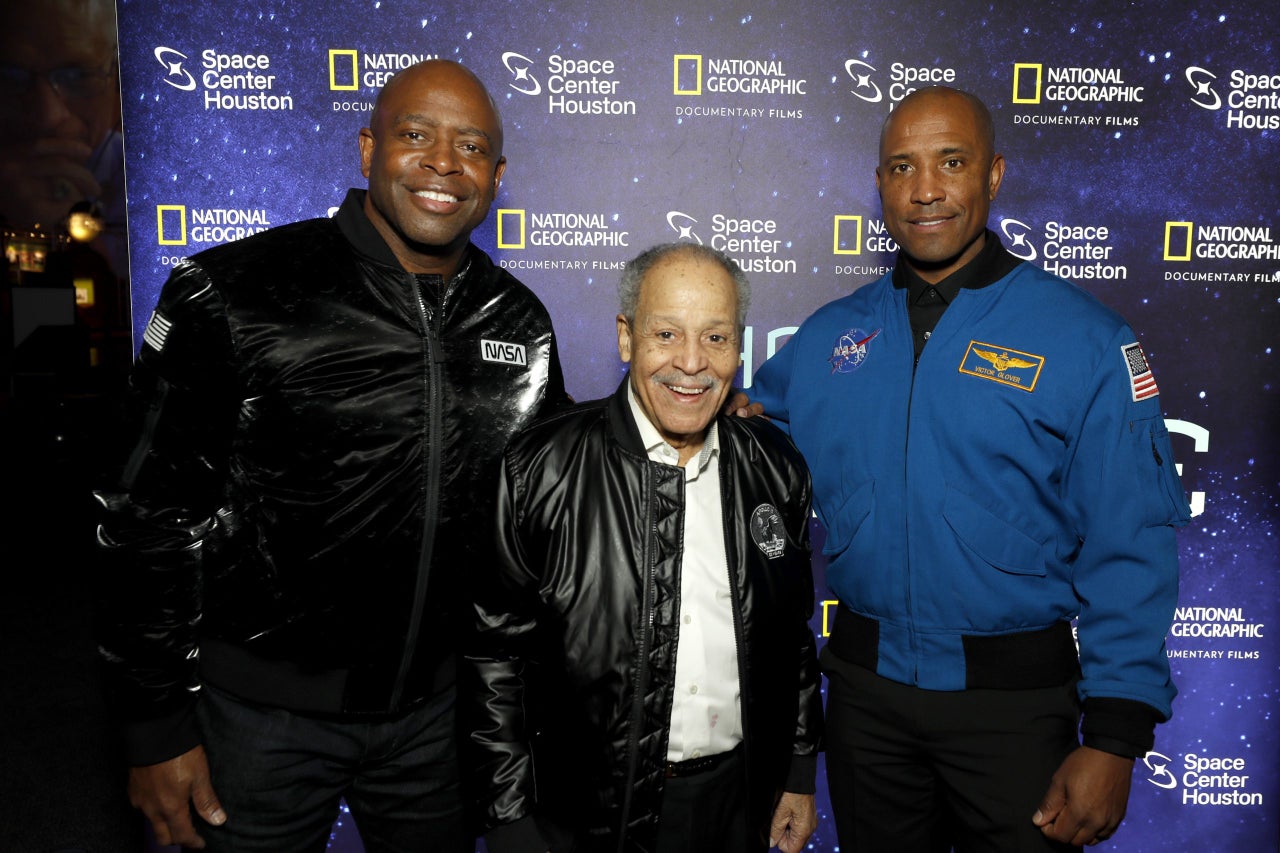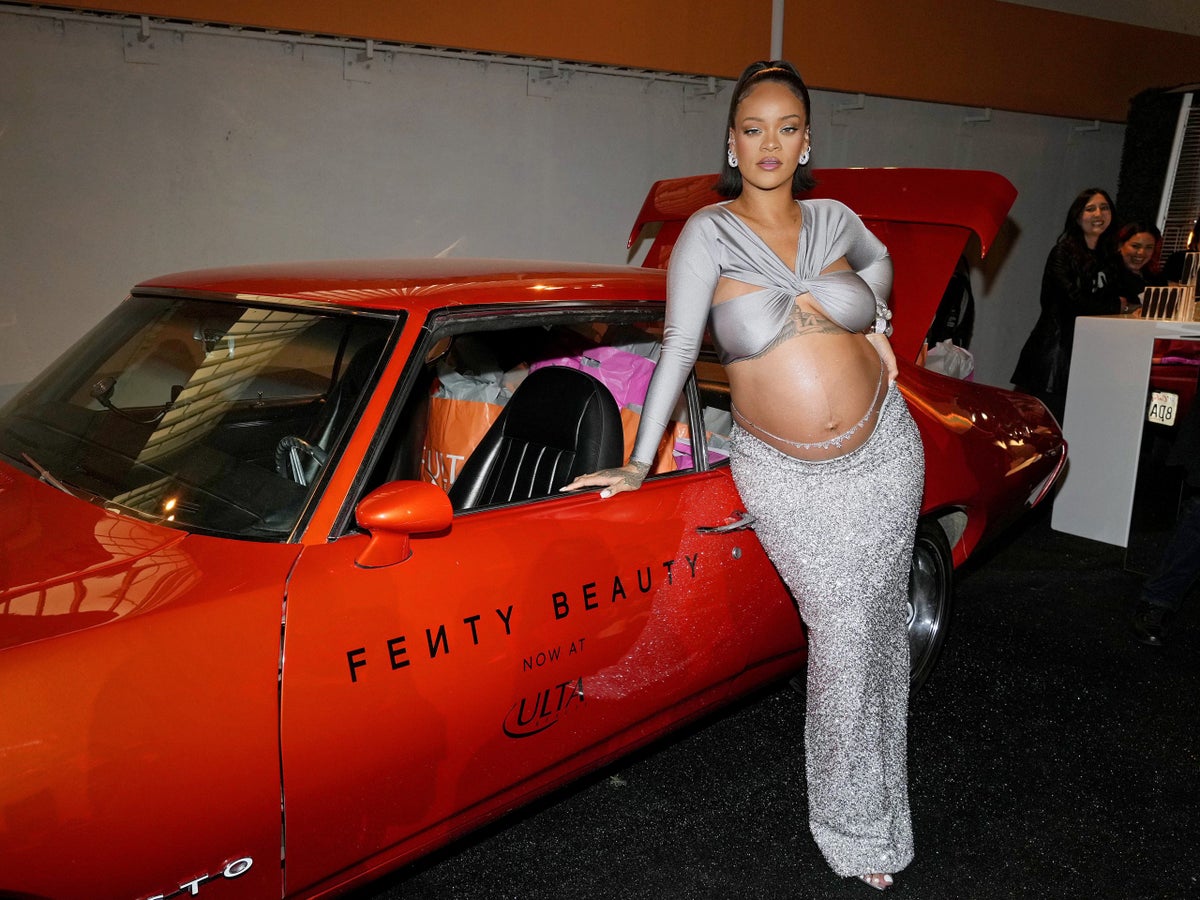


In the 1960s, Ed Dwight was set to become the first Black astronaut. But this didn’t come to pass, most likely due to racism and the loss of his champion after President Kennedy was assassinated. We wouldn’t have the first Black man flying in space until two decades later in 1983 when Guion Bluford went up with “NASA’s eighth space shuttle flight.”
But even though Dwight never made it to space, he still did break many barriers and paved the way for those that would come after. And at 90 years old, his accomplishments are finally being honored and his contributions, recognized. In “[t]he new National Geographic documentary “The Space Race,”…[the film] chronicles the stories of Black astronauts — and their first pioneer, Dwight,” per the Associated Press.
Growing up in Kansas during the segregated 1930s, Dwight lived on a farm that was within walking distance of an airfield. He would often go to watch the planes and pilots. As he recalled, “They’d say to me, ‘Hey kid, would you clean my airplane? I’ll give you a dime.” Dwight acquiesced, but when he was 8 or 9, he wanted more—“[h]e wanted to fly.”
“My first flight was the most exhilarating thing in the world,” Dwight said with fond remembrance. “There were no streets or stop signs up there. You were free as a bird.”
But even after that thrilling experience, Dwight still didn’t think that he’d ever become a pilot. “It was the white man’s domain,” he stated. However, that all changed after he saw a photo in the paper depicted “a downed Black pilot in Korea.”
Dwight was elated—“I said, ‘Oh my God, they’re letting Black people fly,’…I went straight to the recruitment office and said, ‘I want to fly.’”
Dwight enlisted in the Air Force, starting him down a path that led to being “handpicked by President John F. Kennedy’s White House to join Chuck Yeager’s test pilot program at Edwards Air Force Base in California’s Mojave Desert.”
Even with the support of the President, Dwight still faced discrimination, and after Kennedy’s assassination, “Dwight’s path to NASA disappeared and he was never selected for the space program.”
“Still unavailable is a complete accounting from the military-space bureaucracy for the reasons of apparent stunting of Dwight’s career in space before it ever actually began,” wrote Ebony in their the June 1965 issue, per the Smithsonian Magazine. “Was Dwight rejected by the National Aeronautics and Space Administration (NASA) for additional astronaut training at its big manned spaceflight center in Houston for purely technical reasons? Or did other factors—such as Dwight’s race—enter into the decision to deny him a possible role in NASA’s earth-orbiting Project Gemini or the moon venture, Project Apollo?”
During a Zoom interview, Dwight said, “When I left, everyone said, ‘Well, that’s over. We got rid of that dude. He’s off the map.’” “Now it comes back full force as one of these I-didn’t-know stories. It’s almost amusing to me that all this furor could come up. But I’m kind of glad it did because something happened here.”
In the National Geographic film, Bernard Harris, who in 1995 became the first Black astronaut to walk in space, reflected on how things might have been different if Dwight had ascended all the way to becoming an astronaut at NASA during the 1960s. “Space really allows us to realize the hope that’s within all of us as human beings,” said Harris. “So to see a Black man in space during that period in time, it would have changed things.”
Lisa Cortés, the director alongside Diego Hurtado de Mendoza, said, “Ed is so important for everyone who’s followed after, to recognize and embrace the shoulders they stand on…There’s the history we know and the history that’s not had the opportunity to be highlighted.”







